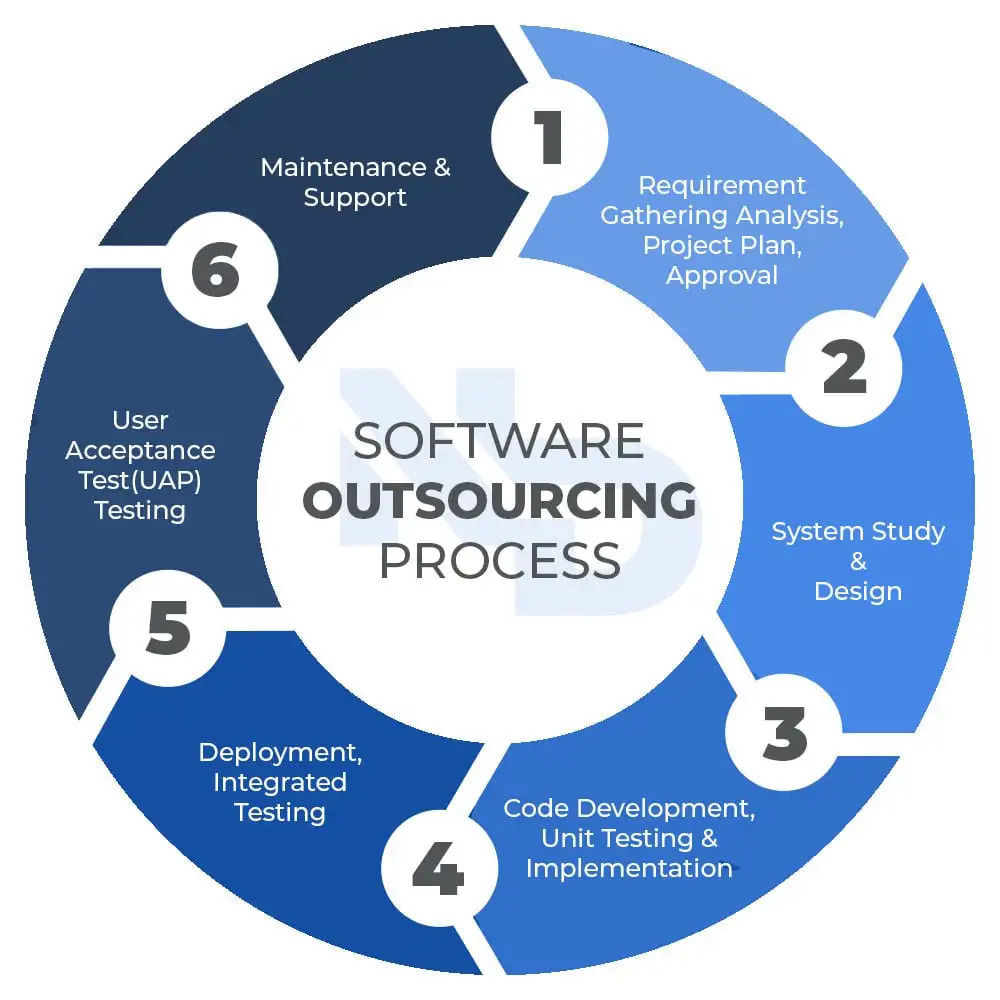"Managing developers from all over the world.”
Project management is one of the most critical parts of producing a successful end-product. This is of course no different in IT projects. As selling software as a standalone product became more and more common, software management was introduced as a term.
Software management is quite different from management in other fields. Software projects are challenging to actualize, not physically but logically. It is a younger industry, so it is important to be able to keep up with newcomings, establish understanding with clients who might not be familiar with backend/frontend, etc. Under the supervision of professional software managers, the communication between engineers and clients will run much more smoothly. Having a healthy hold over these matters also comes hand in hand with good resource management.
Software management plays an important role in the software lifecycle(SDLC). In order for the product to meet business goals, be high-quality and bring value, project managers need to be able to detect, clearly address and find solutions to issues such as staff turnover, frequent technology changes etc. Transparent communication among all players involved in the project, managing risks, creating realistic roadmaps and inspiring involvement are amongst the responsibilities that fall under management. These are key approaches for healthy strategic alignment, leadership, planning, practicality, quality assurance and more.

SDLC can differ sometimes according to specific requirements but generally it involves the 6 phases shown above. Management has to be on top of this process while making sure everything is in line with the deadline, budget and goals. Management works on removing unnecessary risks, unwanted interruptions and unexpected costs that might come up along the road.
Our managers have their work cut out for them since our team involves developers from all over the world. This is where our unique NextDeveloper approach comes into play. Our preferred Agile SDLC model makes management much easier. The flexible Agile development method follows our general ideology of breaking lengthy requirements into smaller work segments. In recent years, many development teams jumped on the Agile wagon due to the advantages.
Most noticeable advantages of Agile is having a faster time to market, avoiding silos with cross-functional setups and being able to easily manage changing requirements at all times. Since those aspects are often the most crucial points regarding the product, the Agile method proves to be exceptionally beneficial.
The main software management attributes we strive to deliver are;
1. Great Communication Skills, Capabilities, Channels
2. Proactive & Inventive
3. Project Management
- Road Map Management
- Issue Management
4. Documentation
5. Using well known & mature frameworks
6. Goal-Focused Management
